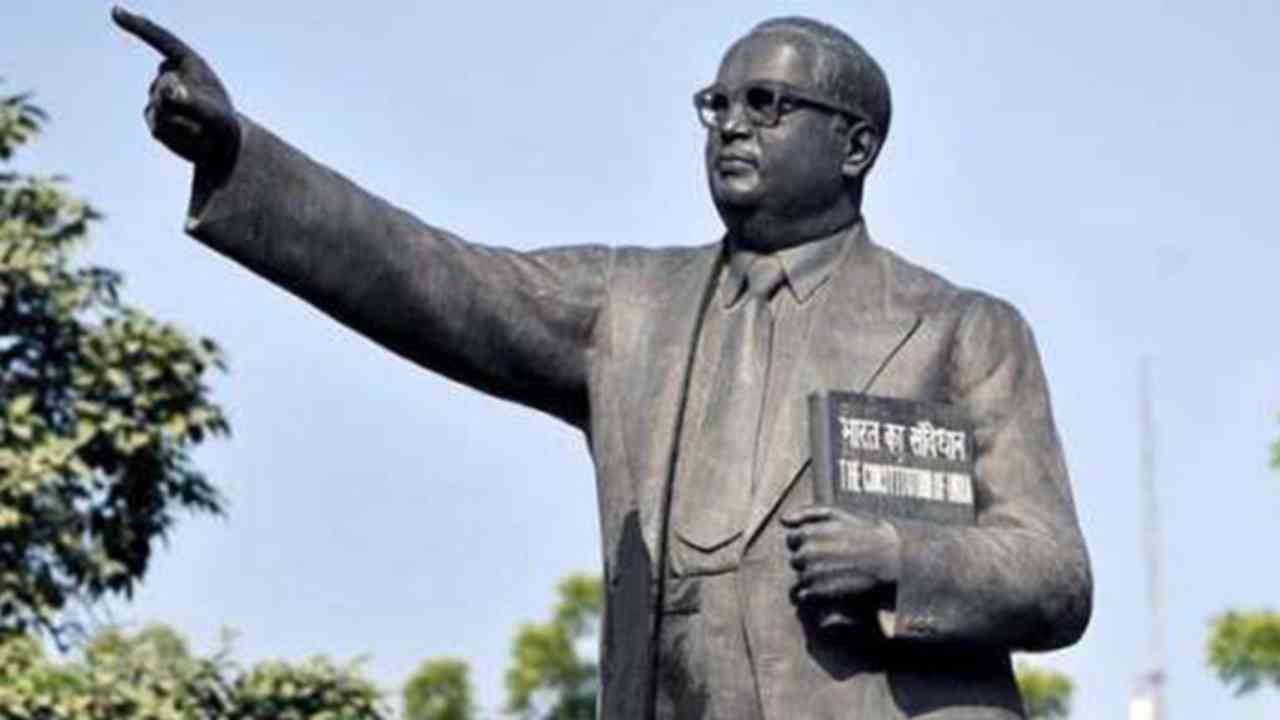The economic survey, for this year, is written well. It corroborates its claims from multiple sources and is undoubtedly a great caucus of thinkers, from all around the world. Evidence, here, are interesting and many. It has a great heuristic value and is undoubtedly a very good read. However, still, as one comes to its end, some hopes inside, and many concerns that hang in the air, outside, remain unaddressed. All the more so, if one happens to read it not only as an acolyte of economics but also as a student of the Constitution of India.
A mix of emotions comes floating around the heart seeking sway over the mind.
The predominant theme of the survey—emphasised strongly in the eponymous first chapter—is wealth creation. This chapter is particularly interesting because it’s in this place that the royal-advisor and political-philosopher Kautilya joins hands with the great Tamil-poet Thirukural to hail wealth creation as the unfailing lamp that can dispel darkness, all around us. The reforms of 1991 are hailed as a renaissance of sorts for the economic philosophy of this country— a home-coming to the roots and riches, leaving behind the deviation: socialism. This remark has provided fresh ammunition to those, in India, who see the word ‘socialism’ in the same sense as President Donald Trump’s tweets make it out to be: alarming and anachronistic.
It’s pertinent, therefore, at this juncture, that a word that is adorned in the Constitution of India as a resolve of the people of this land is homed in the context of its light and legacy. Dr Manmohan Singh— the chief architect of 1991 reforms— in an interview to the channel NDTV, for its popular programme ‘Walk the Talk’, was asked “Are you still a socialist?” by host of the show and senior journalist Mr Shekhar Gupta. “I am a socialist,” said Dr Singh, “I have always been a socialist in the sense that I regard a quest for equity..as fundamental to running a modern economy and modern society.” He emphasised further, “I am a socialist in the sense that I worry about the growing inequalities.” Dr Singh echoed the sense of our founders.
‘“Democracy needs to be extended,” said M.R Jayakar, in the Constituent Assembly, “from political to the economic and social spheres and that if socialism does not mean that, then it means nothing at all.” Dr B.R. Ambedkar— whose seat in the constituent assembly was saved by the resignation of Mr Jayakar— famously argued, in his last speech to the Constituent Assembly, “What does social democracy mean? It means a way of life which recognises liberty, equality and fraternity as the principles of life…. we have in India a society based on the principle of graded inequality which we have a society in which there are some who have immense wealth as against many who live in abject poverty.” Socialism, in this sense, is implicit in India’s Constitution. A spirit that unequivocally argues for economic justice. The spirit of democratic-socialism as distinguished from a communistic one— made perspicuous by a Preamble that’s decorated in coherence with both words socialist and democratic in it.
“The principal aim of a socialist State,” held the Supreme Court of India in D S Nakara v. Union of India, “is to eliminate inequality in income and status and standard of life.” The apex court, further, in Samatha vs State Of Andhra Pradesh, put a spotlight on the meaning of democratic socialism—as envisaged in the Preamble of the Constitution — and held “establishment of the egalitarian social order through rule of law” as the basic structure of the Constitution of India.
The problem, therefore, is not the ’S’ word. It’s not there to scare us. It’s there to warn us so that in the mad rush to the top, we don’t leave our hearts behind. Wealth creation—whilst a worthy goal that we must strive for— in itself, cannot be a panacea for the complexities of all our problems. Especially, when pitted against the values we hold as non-negotiable. This is made translucently clear by a report—by Oxfam—that highlights India’s richest one per cent as holding more than four times the wealth held by people who make up for the bottom 70 per cent of the country’s population— making total wealth of 63 Indian billionaires more than the full-year Budget of the Government of India. The report, ‘Time to care’, further indicates that it would take a female domestic worker 22,277 years to earn what a top CEO of a technology company makes in one year. This is obscene and outrageous and against the fundamentals of our founding. This represents a failed system. For, over the last year, the wealth of the top 1% increased by 46% while the bottom 50% saw wealth increase at just 3%.
This cannot be called progress. This is a revolt against the resolve of the constitution of India. This is an abandonment of our principles that came to us as directives. This is a desertion of the spirit of our Preamble. We have been warned by both Pandit Nehru and Dr Ambedkar, inside and outside the house. The word ‘socialist’ may have been introduced in 1976, by the forty-second Amendment to the Constitution, but the theme of equality runs through-out the Constitution of India and drains the heart in which resides the spirit of economic justice.
The word socialist mustn’t worry us. It’s a call for an egalitarian social order. However, do words have power over fate? I wish it had had.
(The views expressed above are the author’s own. Newsd neither endorses nor is responsible for the same.)


















